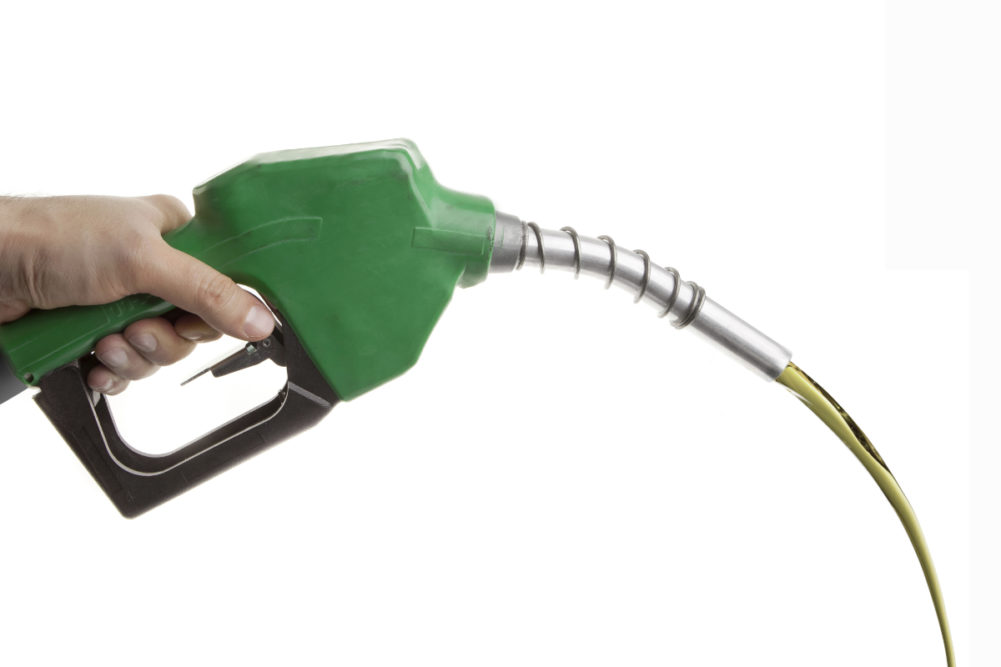WASHINGTON, DC, US — The US Department of Agriculture (USDA) is offering grants to help expand availability and the sale of biofuels, which have been struggling due to the impacts of the coronavirus (COVID-19).
Of the $100 million biofuels infrastructure grants, the USDA plans to make about $86 million available for implementation activities related to higher blends of fuel ethanol, and approximately $14 million for implementation activities related to higher blends of biodiesel.
“American ethanol and biofuel producers have been affected by decreased energy demands due to the coronavirus, and these grants to expand their availability will help increase their use during our economic resurgence,” said US Secretary of Agriculture Sonny Perdue.
Ethanol production has been cut by 50% as the COVID-19 pandemic measures have dropped demand for fuel while at the same time oil prices have plunged. More than half of the nation’s facilities have been idled or have cut production.
“US ethanol producers today are facing the worst economic conditions in the industry’s 40-year history due to COVID-19, and they need immediate emergency relief to survive this catastrophe,” said Geoff Cooper, president and chief executive officer of the Renewable Fuels Association. “Once the pandemic is over and fuel markets are showing signs of recovery, expanding infrastructure via the Higher Blends Infrastructure Incentive Program will be important to the long-term future of the ethanol industry and rural America.”
The Higher Blends Infrastructure Incentive Program (HBIIP) will provide competitive grants or sales incentives to eligible entities for activities designed to expand the sales and use of ethanol and biodiesel fuels. Funds will be made directly available to assist transportation fueling and biodiesel distribution facilities with converting to higher ethanol and biodiesel blends by sharing the costs related to and/or offering sales incentives for the installation of fuel pumps, related equipment, and infrastructure.
Grants for up to 50% of total eligible project costs, but not more than $5 million, are available to vehicle fueling facilities, including, but not limited to, local fueling stations/locations, convenience stores, hypermarket fueling stations, fleet facilities, fuel terminal operations, midstream partners and/or distribution facilities.
Follow our breaking news coverage of the coronavirus/COVID-19 situation.






